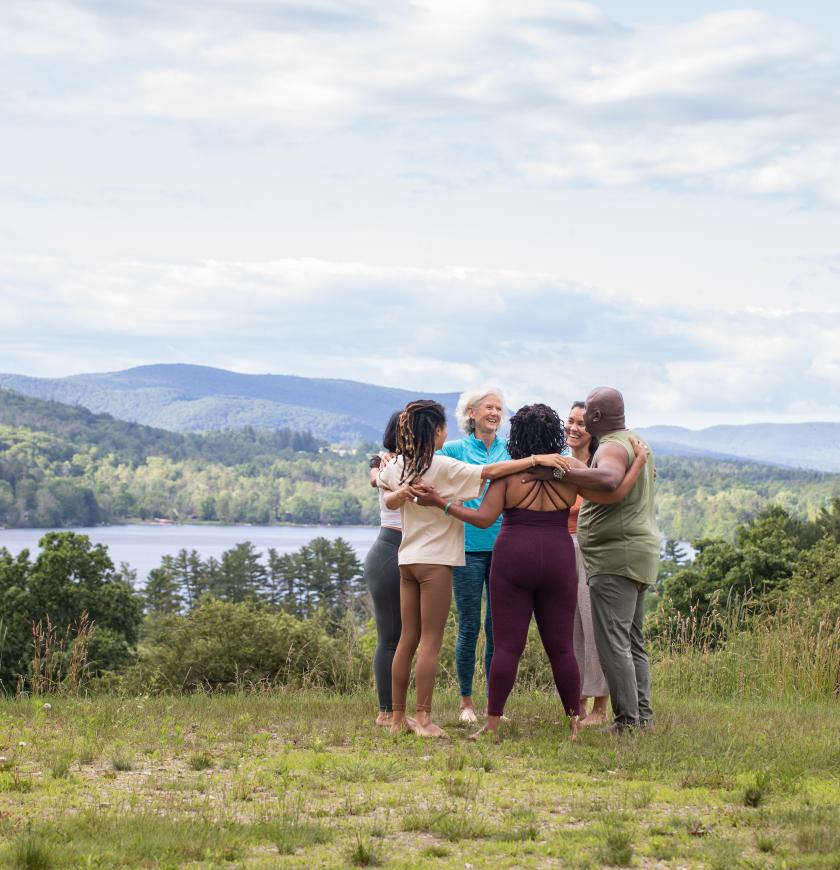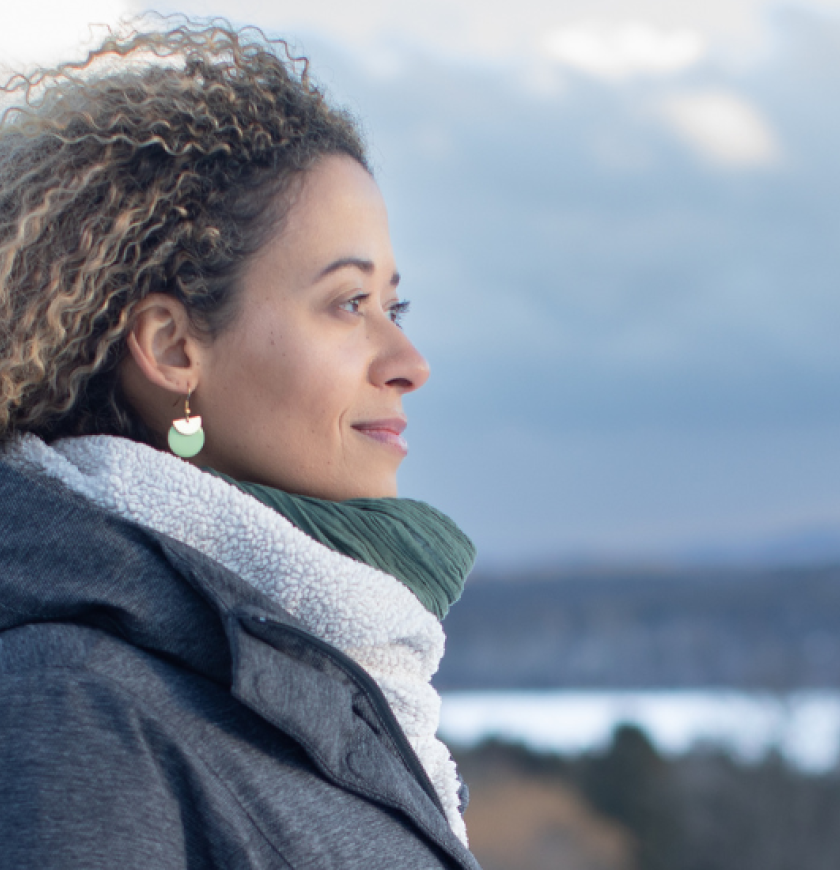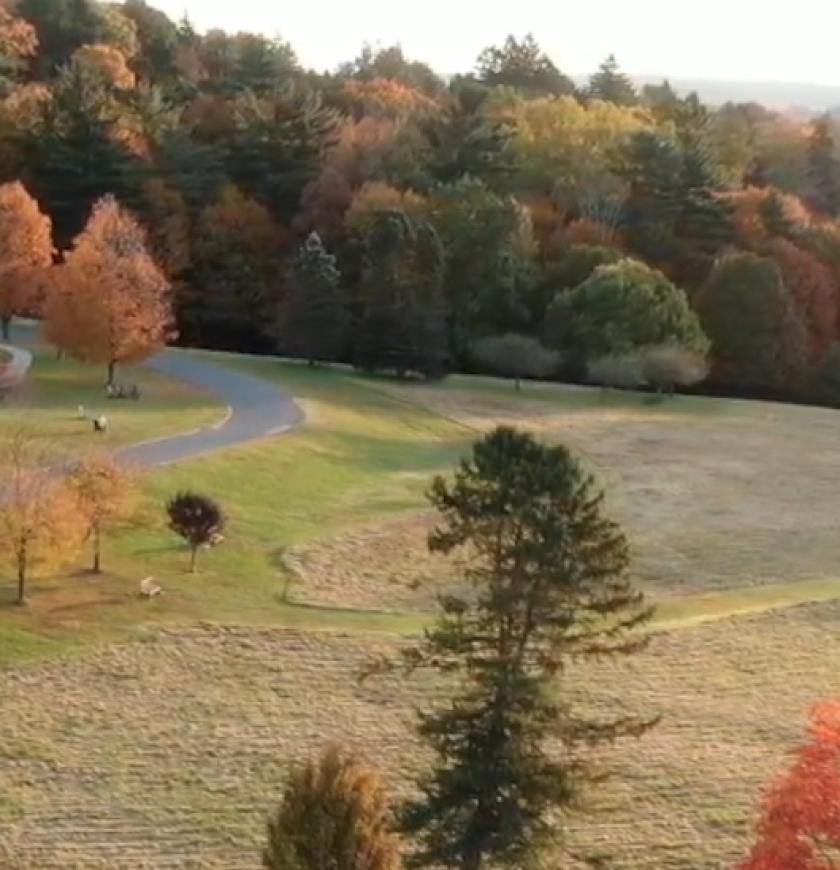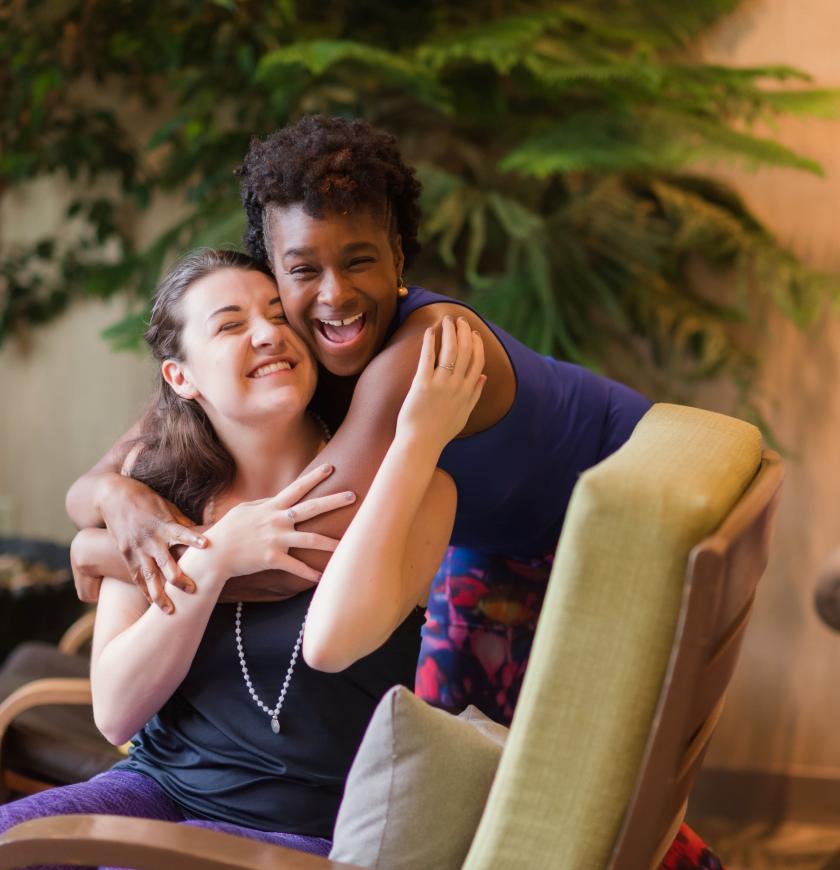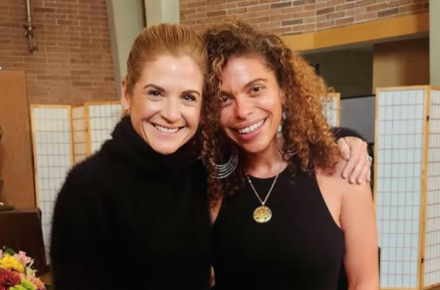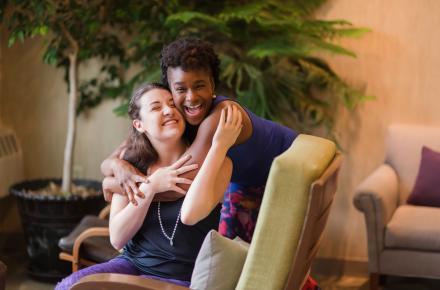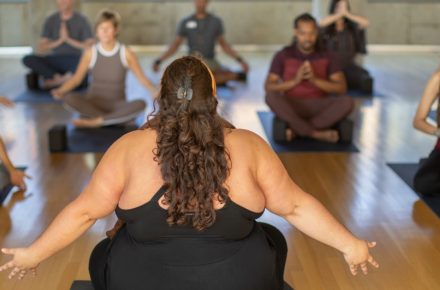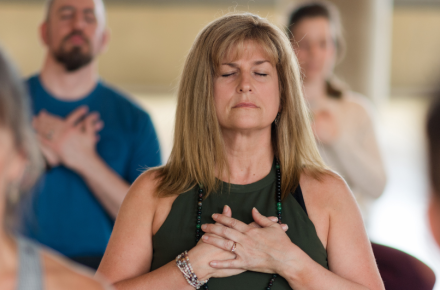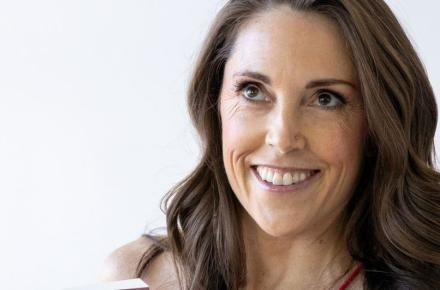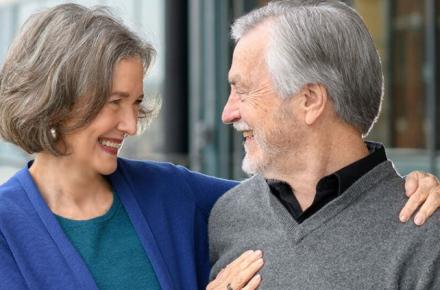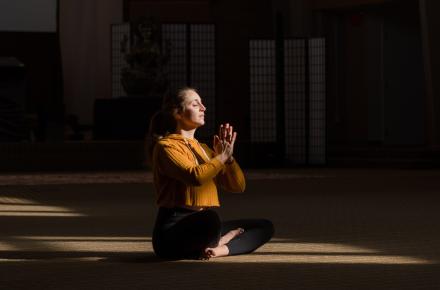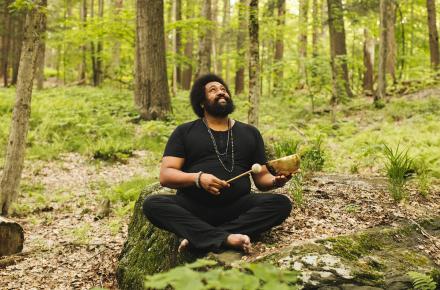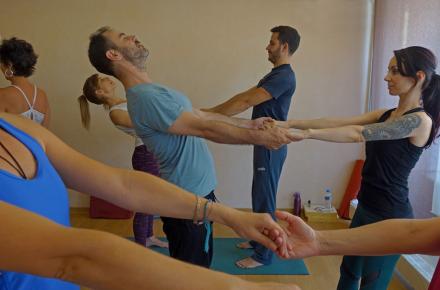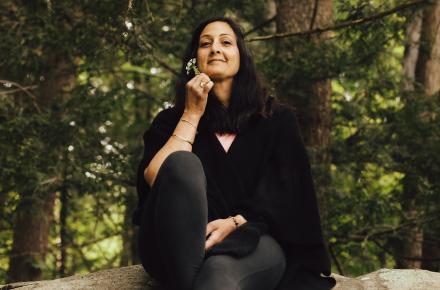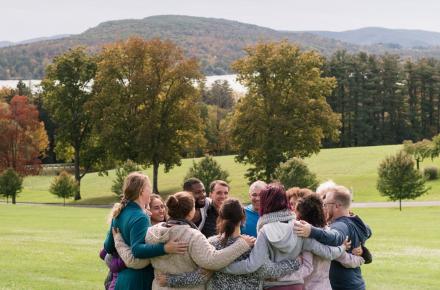Parenting with Purpose in the Age of COVID
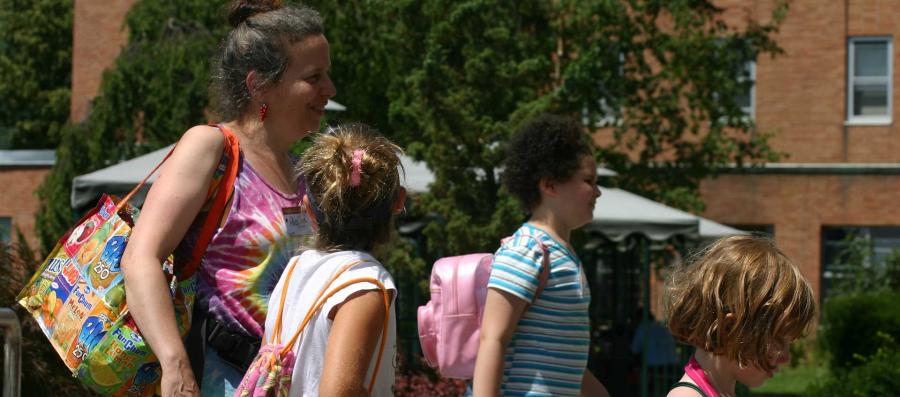
by Ilana Beigel
If your time at home with kids during COVID-19 has been anything like mine, it has been filled with precious, joyful moments and challenging, difficult times—as is the nature of parenting.
While everyone’s specific situation varies, I think it is safe to say that most, if not all, of us have experienced an upheaval to life as we know it—whether it’s been a few minor changes to “normal” life, or whether your days have been pretty much unrecognizable. And I truly believe there is an opportunity to emerge from this “Great Pause” with a deeper connection to how we want to show up for ourselves and others moving forward, and this most certainly applies to the role as parent.
Here are some practices and perspectives that have supported me—and my family—to not only survive but thrive together, and have allowed me to parent from a stable, grounded place—even, and especially, when that feels insurmountable. I hope these tips support you to find more parenting joy, ease and flow in this time of worry, uncertainty, and upheaval.
1. Allow and accept all of your (and your children’s) emotions and reactions.
Whatever you feel is 100 percent legitimate. It is okay to be mad, scared, anxious, exhausted, relieved, grateful, energized, etc. This does not mean it is okay to act from all of these places—yet you can acknowledge and welcome it all as part of your inner landscape. You most likely already know that trying to push it away or pretend it's not there doesn't help.
How can you support your children to simply notice and name what they feel, and to express it in healthy and productive ways.
2. Find freedom within the boundaries.
Humans’ need for structure is evident in the fact that since Day 1 of the pandemic, infographics of daily routines (mostly focused around daily academic blocks) have been floating around social media. Routines offer predictability, structure, and grounding. While structure is vital, have found that maintaining flexibility within the framework is also key so that my children feel a sense of control and ownership, as well as connection with spontaneity, play and fun.
How can you balance routine and structure with a sense of going with the flow?
3. Let your kids take the lead.
What lights up your child? What are they naturally drawn to discovering and learning? This is probably a clue into their unique essence, their dharma, or sacred duty.
How can you use this time as a doorway in to helping your child learn about themselves, what makes them uniquely them, and what gifts they have to bring to the world?
4. Quiet your inner world.
As Shefali Tsbaary says in her book The Awakened Family, to parent consciously one needs a “fairly quiet inner world,” an intact sense of self, and acute awareness. To attune to your children’s needs—especially now during this time that our mature brains can barely make sense of—it helps to first attune to your own inner landscape. Perhaps meditation, conscious breathing, movement, journaling, or conversations with loved ones or helping professionals can help.
How do you take time and space for the practices that support you to slow the swirl of thoughts and emotions? Consider this your friendly reminder to prioritize time and space for yourself so that you can maintain calm in the face of your children’s stormy emotions.
5. As your vision of the outer world shrinks, see your children through wider eyes.
In pre-COVID-19 life, you might have been in a near constant state of movement from one thing to the next—chores, work, carpool, socializing, self-care, errands, etc.—which made it hard to truly focus on your loved ones. Your quantity of responsibilities might not have lessened (perhaps it has increased?), yet you might notice a shift in the quality. If you are able to tap into stillness, slowness, and pause, you may realize that many external responsibilities and distractions have fallen by the wayside.
How can you fill the space you now have with really and truly seeing your children for who they are? When it comes down to it, all of us, our children included, simply want to be seen, heard, and understood.
6. Maintain intention for the future, while sustaining attention here and now.
As Deepak Chopra writes in The Seven Spiritual Laws for Parents, when children are specific with intentions, they are more easily able to order their lives. Now more than ever, we need new and creative ways to create order and stability, as life as we know it has been turned upside down.
In creating a structure and routine, allow your children to set their own intentions for what they want to achieve (see freedom within the boundaries, above). How can you use this time to help your children learn to listen to their own desires and set specific, actionable, doable steps to meet them?
7. Trust the process.
“Chit” refers to the notion that there is an intelligence to the Universe, to existence, to life itself. The natural world shows us that there are seasons, that change is the only constant, that life itself wants to thrive. Leaning into this can offer security and peace, yet does not absolve us from deliberate, thoughtful, right action.
How can you lean into this teaching to offer yourself—and your children—much-needed hope. Coby Kozlowksi writes in her book One Degree Revolution:
I learned to trust holding on when it’s time to hold.
To trust letting go when it’s time to let go.
To trust what I know,
To trust what I don’t know,
And to trust that everything is already okay.
Parenting, like life, is a continual journey. A practice. There is no right, and no wrong. It is a remembering, a forgetting, to remember again … only to forget again.
Practice support me to live into my personal vision of a world in which we treat ourselves and others with acceptance, compassion, and love. A world in which we are all encouraged and empowered, through every age and stage of life, to align with and offer our unique gifts and talents. A world in which there is abundant joy, ease, and flow.
Ilana Beigel is a Kripalu Yoga educator, life coach, and speech-language pathologist based in the Pioneer Valley of Massachusetts. ilanab.com
